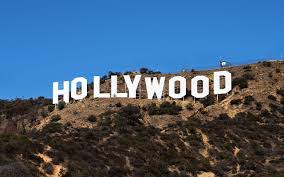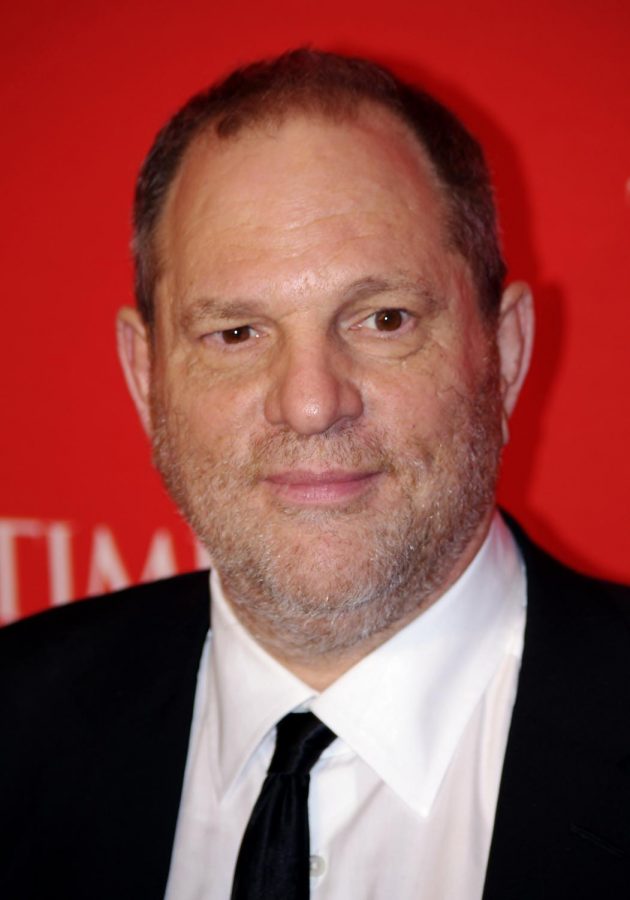Nov. 8 marked the final day of the longest labor crisis in the history of the entertainment industry between Screen Actors Guild-American Federation of Television and Radio Artists — the union representing 160,000 actors — and the Hollywood Studios.
SAG-AFTRA has reached a tentative agreement with the major film and television studios to end their historic strike. This comes 43 days after the Writers Guild of America strike ended.
What’s in the deal?
According to the SAG-AFTRA website, the terms of the deal were not immediately disclosed. The union said it would not reveal them until the union’s board has reviewed the deal. But in a statement to members, the union called the scope of the billion-dollar deal “extraordinary,” including significant increases in pay minimums, AI protections and a streaming participation bonus.
“We did it!!!! The Billion+ $ Deal! 3X the last contract! New ground was broke everywhere! Ty sag aftra members for hanging in and holding out for this historic deal!” Fran Drescher, SAG- AFTRA president, posted on Instagram Wednesday.
When and why the actors went on strike
On July 14, Drescher announced the official strike due to failed contract negotiations with Hollywood studios which began in May. This marked the first strike since 1960 when Ronald Reagan and Marilyn Monroe were on strike.
Demands for higher pay from streaming services, along with concerns of fast-developing artificial intelligence technology were of top priorities when actors went on strike.
Now what?
On Friday, the national board of SAG-AFTRA approved the tentative agreement by a majority of 86% to 14% and recommended a vote of “yes” to ratify the contracts.
We can expect many stars to start talking about their work again — as seen when Timothée Chalamet promoted the new “Wonka” movie during “Saturday Night Live.” Strike rules forbid actors from promoting work done for the major studios and conducting interviews.
The resolution of the writer’s strike allowed script work to resume on shows like “Abbott Elementary,” “The White Lotus” and “Chicago Fire.” It is presumed those series will return sometime in 2024. Because television moves faster than movies, it is unknown when movies like “Deadpool 3” and “Mission Impossible” will be released.
Here is a full list of the productions impacted by the strike.
This story was written by Sophie Goldstein. She can be reached at [email protected].





